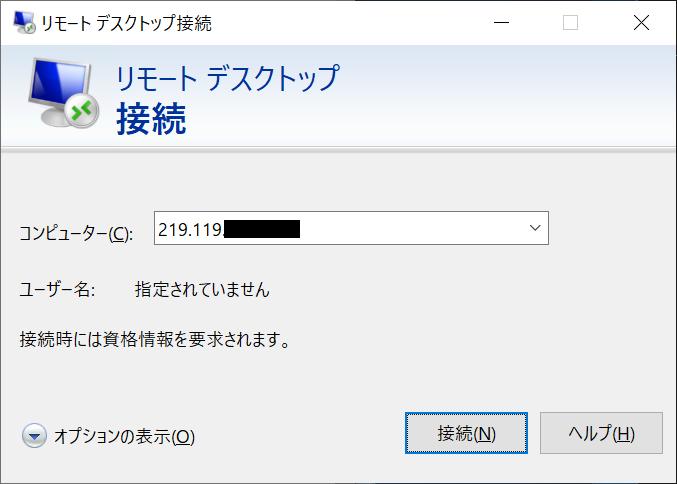If you wanted to collect location information in secret, did you have that hand? The news that hits the knee involuntarily.
"Google collects and stores location information even if you turn off location history," read K. Shankari, a researcher at the University of California, Berkeley, on his blog. Is that so? I thought, and when Associated Press News tried it, I found that it wasn't possible to turn it off just by turning it off according to the flow, and it was confusing to shake off the chase.
The steps are different, but all Google apps allow you to turn off location tracking and storage. You can check all the saved data in "Google My Activity". Search history, ad settings, etc. are all organized here. The easiest way to adjust location information is to go to "Activity Management" from the menu on the left side of this web page. There is an ON / OFF switch button for each activity, and this "location history" is displayed by the icon on the map. The name is also a name, and normally if this is gray off, I don't think it will be tracked.
It is different!
Google's support also says, "If you turn off location history, the places that users visit will not be saved," but this only prevents them from being saved in a timeline that gives you a bird's eye view of where you are going. Tracking location history doesn't stop.
If you want to stop tracking, you have to turn off "Web and app activity" instead of here.

"We save Google usage history so that we can quickly find it with services such as maps and searches so that we can display the best recommendations", so it seems to be a custom setting for search, but it is near at your current location. You can also search for recommendations, so you can also manage location tracking here. If you select the "Delete activity" menu from Google My Activities and click on the delete section, you can find out how to delete it even if you don't like it.
Associated Press News has asked Princeton University postdoctoral fellow Gunes Acar to turn off mobile location history, travel around NY for a few days, and publish data on recovered activities here. When I asked Jonathan Mayer, a computer scientist at the university and former chief of technology in the FCC research department, to see this, he said, "This is fine. Since the thing named" location history "is turned off, the entire history is It's strange if it doesn't turn off. "
When I interviewed Google with this much information, they admitted that they were collecting the information easily and explained it to the Associated Press News like this.
Mubyo-n. Well, that may be the case, but if you can explain it and switch to it, it's not that complicated. Generally, Google has a ton of settings, menus, explanations, pop-ups, terms of use, and privacy terms. It's confusing who sees it. I'm heading around.
In the Associated Press News experiment, a pop-up was displayed saying "Location information will no longer be saved in the location history from the Google app." When Gizmodo of the United States examined Google's collection data and tried an experiment on the iPhone to turn off all location history, this explanation was a little longer, and it was a sentence that it was somewhat understandable to continue collecting location information. It may be because the setting procedure is different from Associated Press News.
Certainly, if you look at the location history with Google's own definition, this is not wrong ...
Did you explain why the location tracking settings were so finely divided? When I asked Google about that, the following answer was returned after the above manuscript was published.
After all, "location history" does not mean "location history" as we think, but it seems to refer to a private map of location history that no one sees. Well, the person who thought of this icon as an explanation is a genius ...
Source: Associated Press News, Google (1, 2)

![EVsmart blog Toyota's electric car "bZ4X" that makes you feel comfortable with electric cars and quick chargers / No% display of battery level [Editorial department] Popular articles Recent posts Category](https://website-google-hk.oss-cn-hongkong.aliyuncs.com/drawing/article_results_9/2022/3/9/752542064665dc2bd7addbc87a655694_0.jpeg)
![Lenovo's 8.8 inch one-handed tab "Legion Y700" full specs released! [Is the price in the 40,000 yen range?]](https://website-google-hk.oss-cn-hongkong.aliyuncs.com/drawing/article_results_9/2022/3/9/207e1be231154e91f34c85b4b1d2126c_0.jpeg)

